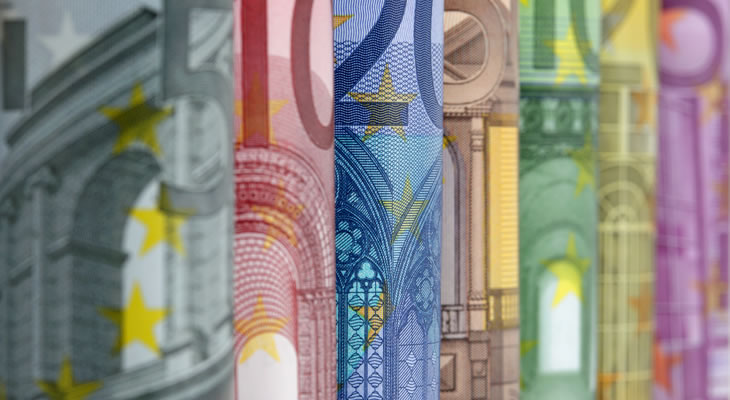Cautious ECB Economic Bulletin Dents Euro Pound Sterling (EUR/GBP) Exchange Rate
As the European Central Bank (ECB) maintained a cautious outlook in its latest Economic Bulletin the Euro to Pound Sterling (EUR/GBP) exchange rate faltered.
The bulletin indicated that underlying growth momentum within the Eurozone has continued to soften since the start of the year, highlighting current signs of a gradual slowing in economic growth.
The overview noted:
‘Incoming economic data and survey information point to somewhat weaker growth in the second and third quarters of this year. This reflects the ongoing weakness in international trade in an environment of prolonged global uncertainties, which are weighing, in particular, on the euro area manufacturing sector.’
All in all, this points towards the ECB maintaining its dovish bias and loosening monetary policy before the end of the year.
However, as markets have already largely priced in the impact of a 2019 interest rate cut the downside pressure on EUR exchange rates was ultimately limited.
Disappointing UK Retail Sales Growth Limits Pound Sterling (GBP) Strength
Even so, Pound Sterling (GBP) remained on a relatively weak footing thanks to the underwhelming nature of May’s UK retail sales data.
Retail sales excluding auto fuel saw a greater loss of momentum on the year than forecast, easing from 4.7% to 2.2% as growth in consumer spending faltered.
With Brexit-based uncertainty continuing to weigh on the economic outlook GBP exchange rates failed to extend their recent bullish trend on Thursday.
However, a fresh rallying point could be in store for the Pound if the Bank of England (BoE) adopts a more optimistic outlook at its June policy meeting.
If policymakers indicate a willingness to raise interest rates in the coming months this could shore up the Pound, to the detriment of the EUR/GBP exchange rate.
As long as the BoE appears on course to tighten monetary policy in 2019, defying the wider trend towards dovishness among central banks, any Pound Sterling weakness may prove transitory.
Euro (EUR) Looks for Signs of Improvement within Eurozone Manufacturing Sector
Ahead of the weekend, the Euro may recover some of its lost ground if June’s raft of Eurozone manufacturing and services PMIs show signs of strength.
Particular focus is likely to fall on the Eurozone manufacturing PMI, which looks set to remain in a state of contraction.
Even so, if the index shows an improvement on the month, edging closer to the neutral baseline of 50, this could encourage renewed demand for the single currency.
Evidence of resilience within the Eurozone economy would give investors greater cause for confidence, limiting the likelihood of imminent ECB policy action.
On the other hand, if the manufacturing sector slides further into contraction this could weigh heavily on the mood towards the Euro.
A strong showing from the service sector may help to bolster EUR exchange rates, meanwhile, as this would go some way to offsetting the ongoing decline in manufacturing.


Comments are closed.